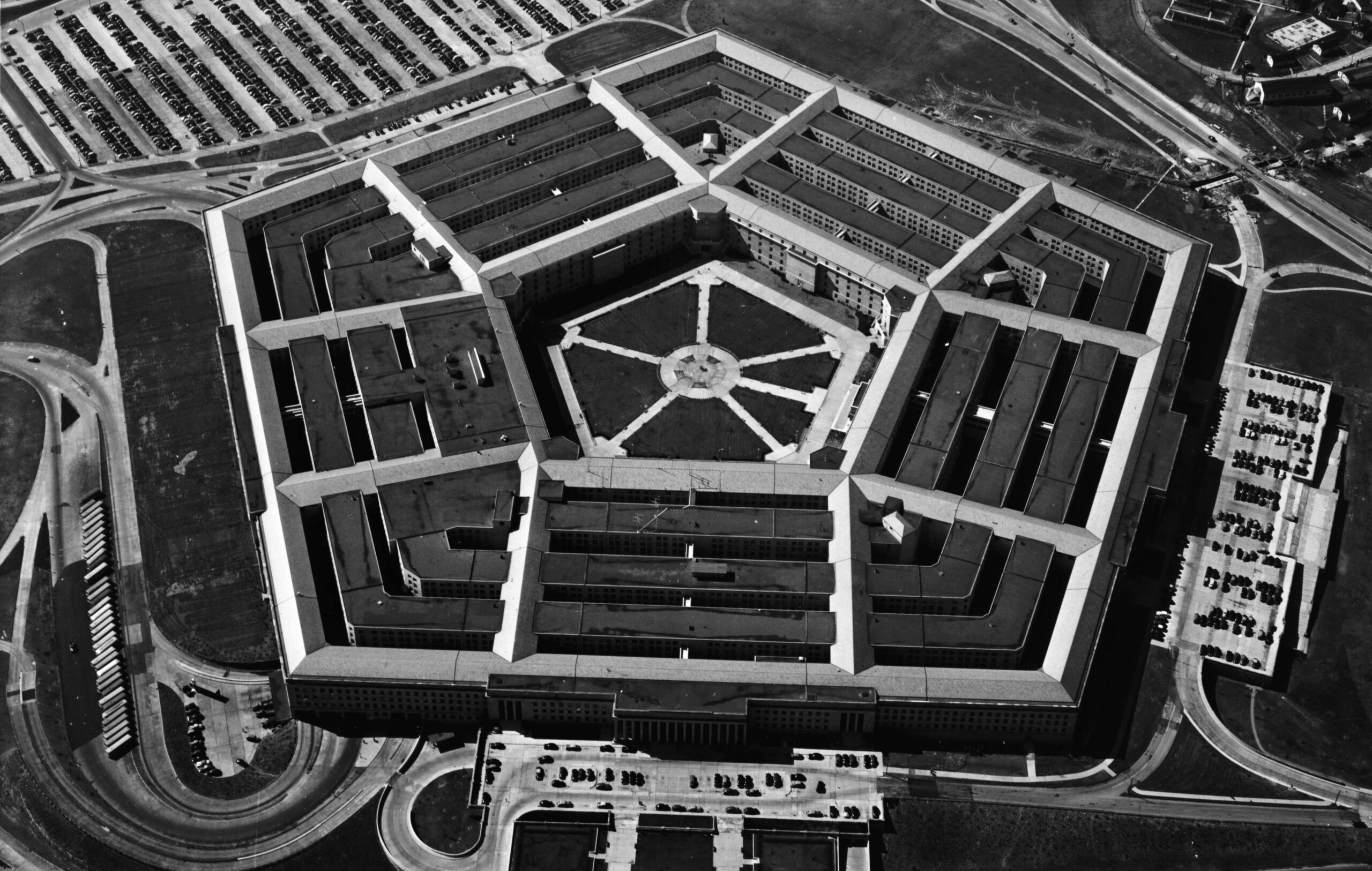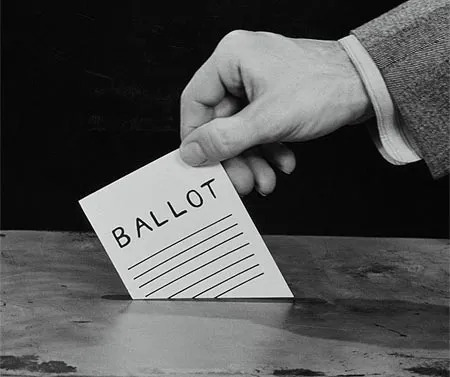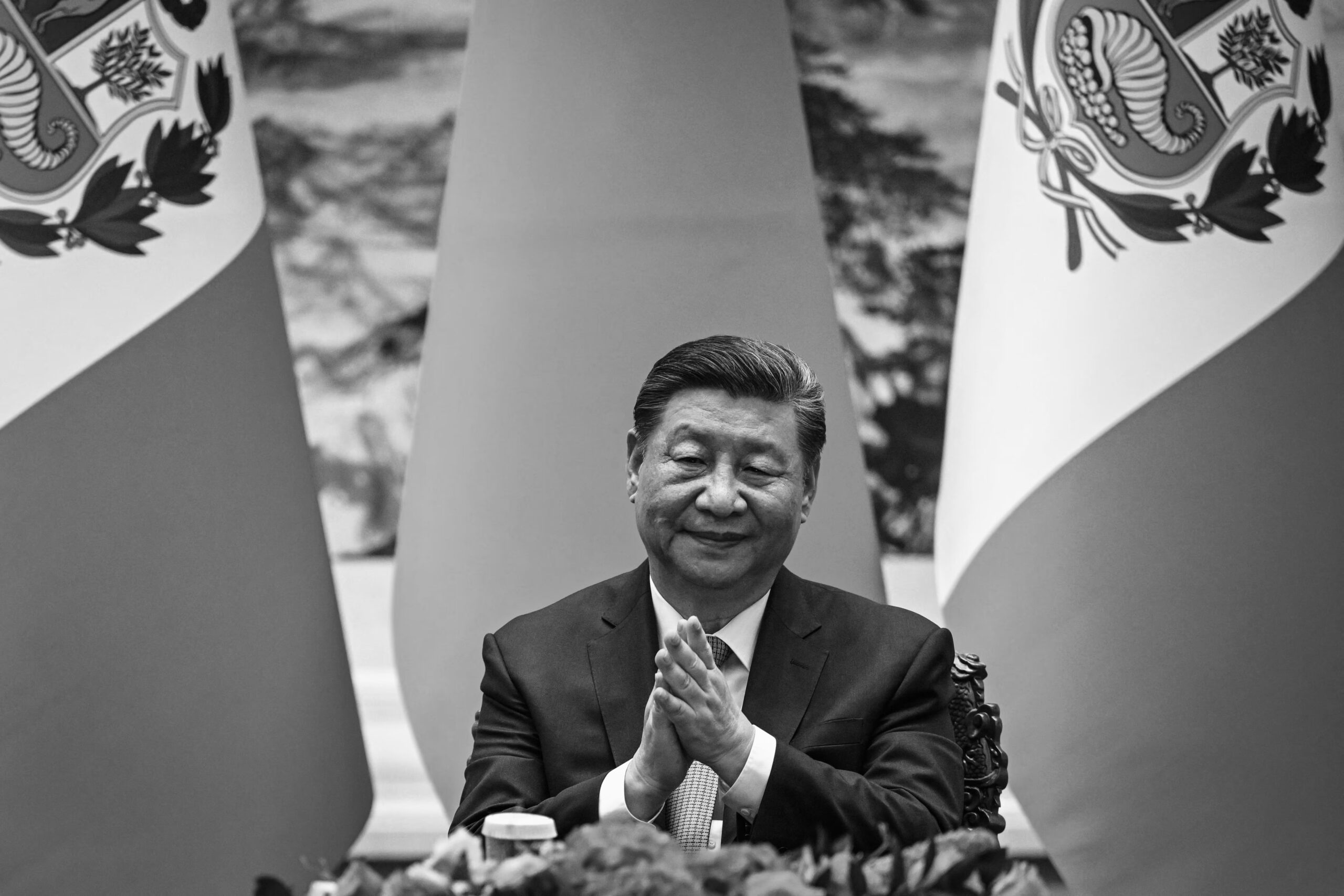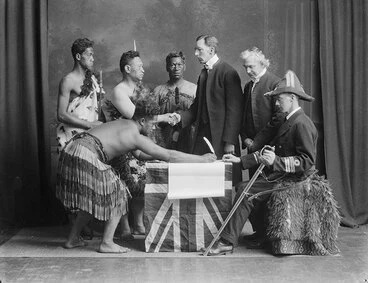The Jones Act Stifles American Progress, but Must Remain
By: Zhichao James Xi
Towards the end of World War I, America sent over four million troops to Europe, enormous amounts of necessary supplies, rations, and equipment. This created an unattainable demand for America’s shipping industry, forcing foreign ships to shore up America’s sealift capacity.





